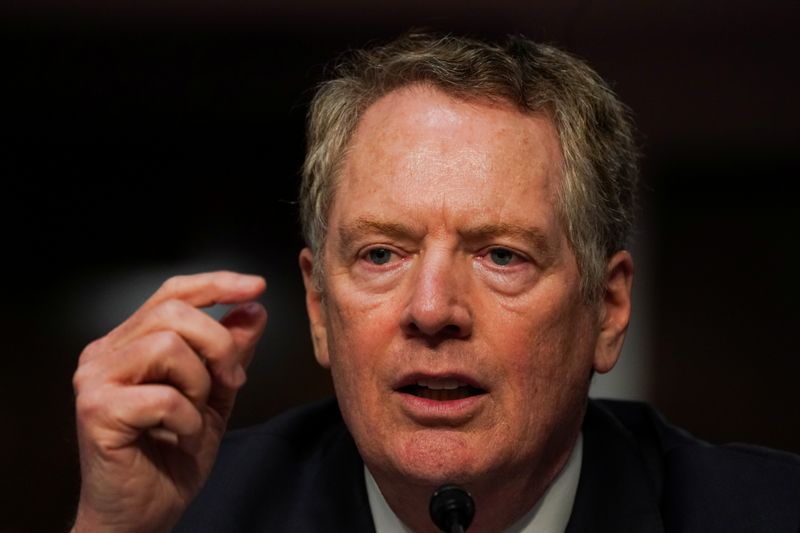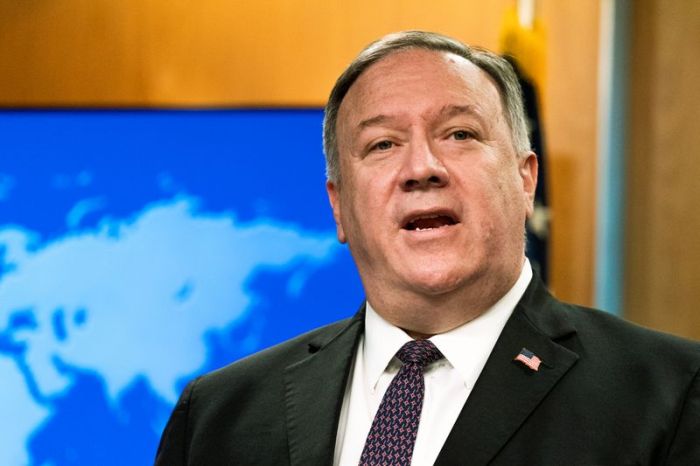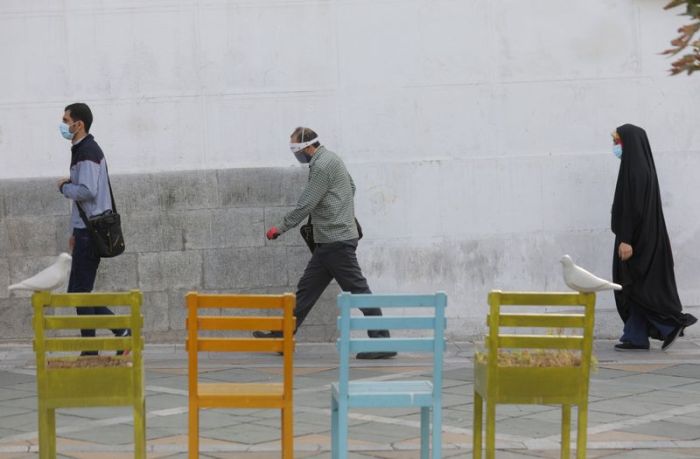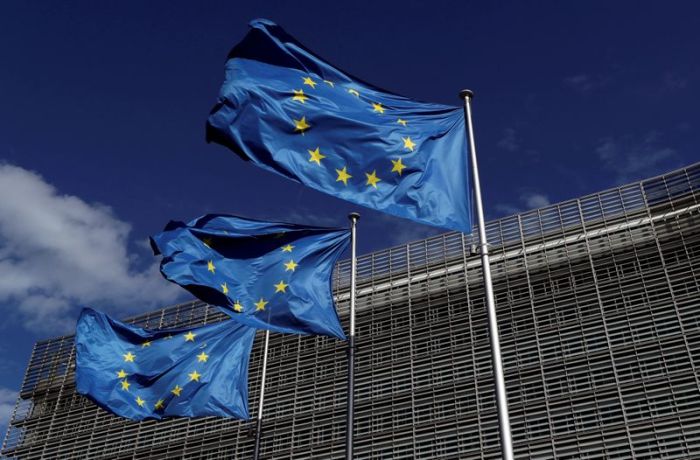BRASILIA/WASHINGTON (Reuters) – The U.S. government stepped up an offensive on Tuesday to keep China’s Huawei Technologies out of Brazil’s 5G market, with Washington offering to finance purchases by Brazilian telecom companies of equipment from its competitors.
During a visit to Brasilia, officials of the U.S. International Development Finance Corporation (DFC), the U.S. EXIM bank and the National Security Council told reporters that funding was available to buy equipment from other companies.
The U.S. delegation was headed by National Security adviser Robert O’Brien, who met with Bolsonaro before they attended the signing of an EXIM bank financing agreement that identifies areas of business cooperation that includes 5G telecoms.
In Washington, top U.S. officials urged Brazil to carefully monitor Chinese investments in Brazil and moves by Beijing to expand its influence in Latin America’s largest economy through sale of 5G technology by Huawei.
China’s Embassy in Brazil on Twitter accused the United States of seeking a networking “monopoly,” but said it believed most countries would remain independent and make their own decisions regarding 5G.
U.S. Trade Representative Robert Lighthizer said trade agreements reached with Brazil on Monday would pave the way for further negotiations on steel, ethanol and sugar, and promote greater U.S. investment as Washington moves to provide a counter-weight to China’s expansion in the region.
“I would say clearly there is a China element … in everything that all of us do,” Lighthizer told an event hosted by the U.S. Chamber of Commerce. “China has made a very significant move in Brazil. They’re Brazil’s biggest trading partner, so it’s something that we’re concerned about.”
Lighthizer’s remarks were part of a full-court press. White House economic adviser Larry Kudlow said Washington had urged Brazilian President Jair Bolsonaro and other Brazilian officials to keep a close watch on China’s investments and advanced technologies.
“We have encouraged Brazil .. to try to work together to make sure that we watch China carefully with respect to all manner of technology and telephoning and 5G,” he told the event.
“We have taken actions here in the States; we continue to move, and it is my great hope that Brazil will move with us,” he added. “We hope that Brazil will also keep a careful, critical eye on Chinese investment.”
Washington believes Huawei would hand over data to the Chinese government for spying, a claim Huawei denies.
A senior U.S. official in Washington said Brazil’s position on Huawei had shifted due to increased security concerns, although no final decision had been announced. “The tide has clearly turned on Huawei in Brazil,” the source said.
Brazil plans to auction 5G frequencies next year to telecom companies operating in Brazil, many of which already buy from Huawei and would like to continue doing for their 5G networks because the Chinese equipment is cheaper.
“The U.S. concern is how they use the data, how they use the technology for state benefit, not for the individuals who use that the technology,” Joshua Hodges, senior director for Western Hemisphere affairs on the NSC, said in Brasilia.
EXIM officials said the bank has 20% of its $135 billion portfolio available for commercial deals with companies that want to partner with the United States as part of the Trump administration’s China and Transformational Exports program, which is aimed at neutralizing Chinese competition.
DFC Managing Director Sabrina Teichman said the agency has both equity financing and debt financing available for Brazilian companies looking to acquire new technology.
“We are looking forward to supporting the Brazilian telecom sector,” she told the reporters.
(Reporting by Lisandra Paraguassu in Brasilia and Andrea Shalal in Washington; writing by Anthony Boadle; Editing by David Gregorio)

























